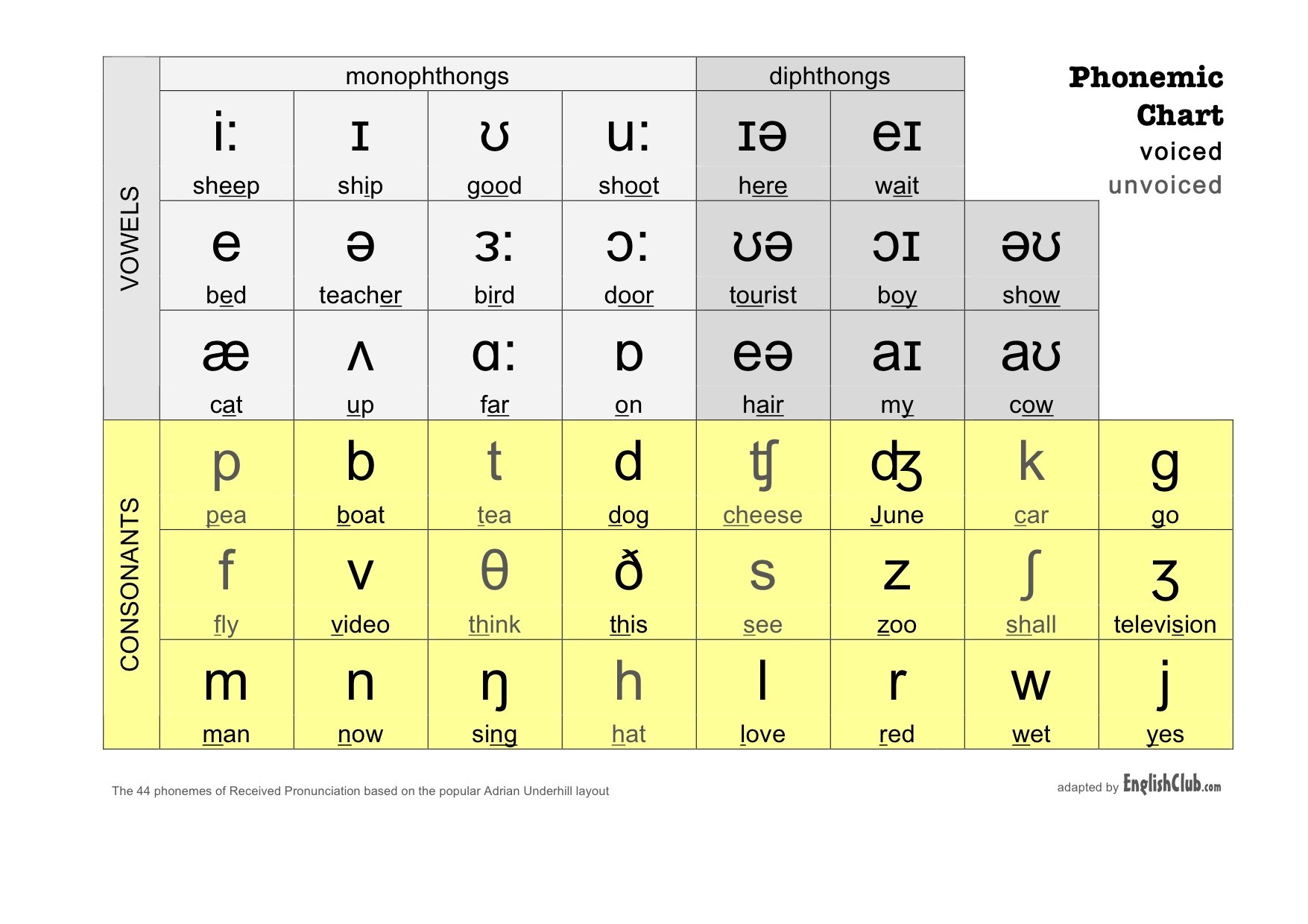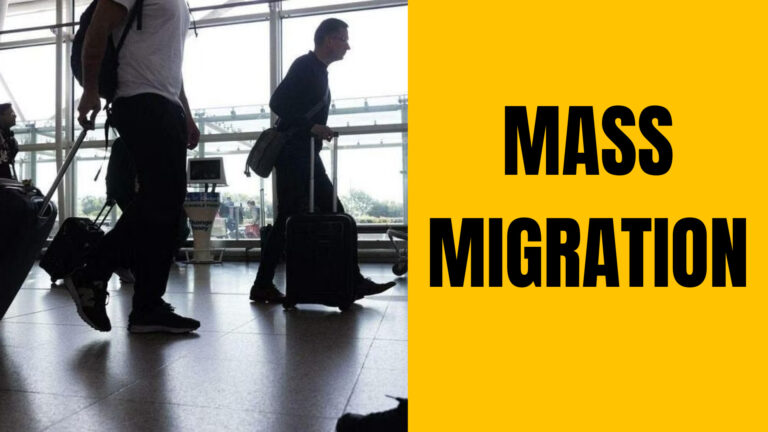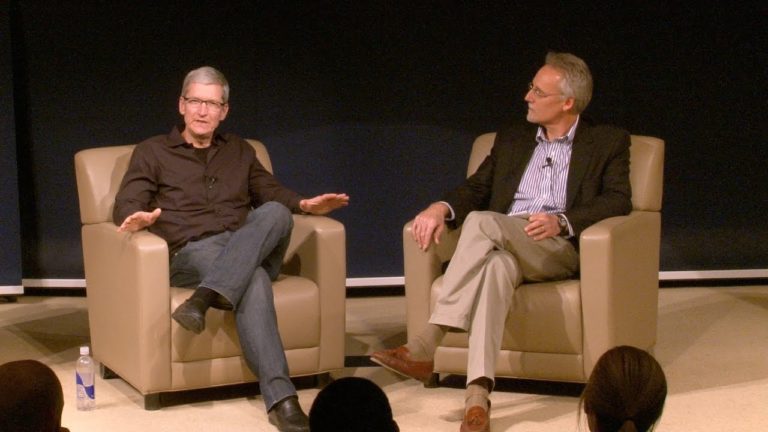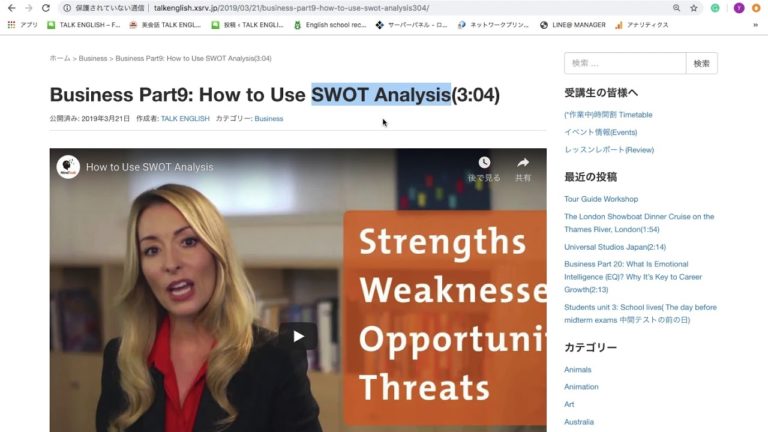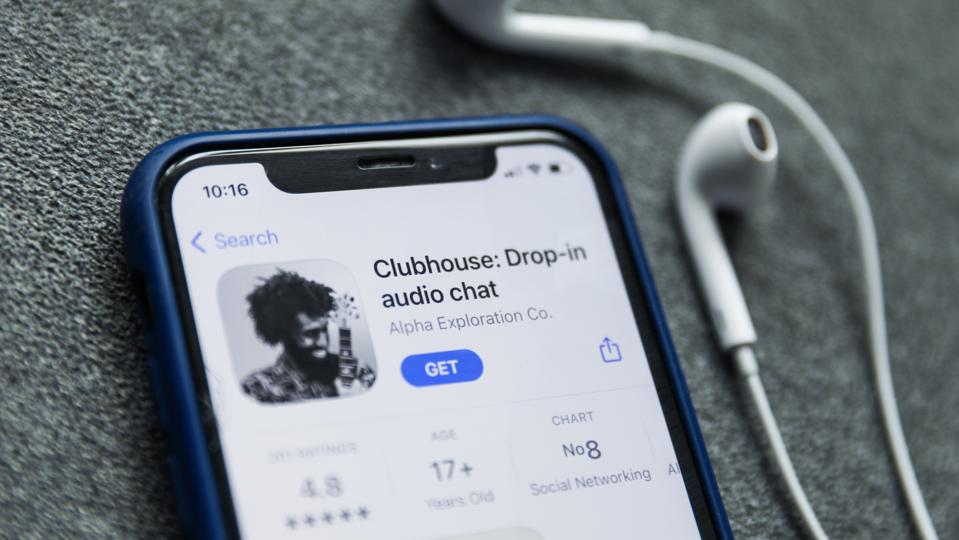
Warm up
—- * * FOR NEW STUDENTS ** ————————————— ————
- What industry do you work in and what is your role?
- What are your responses in your role / position?
- Can you describe to the function of your workplace / company?
- How many departments, how many offices. National or International?
- What are the minimum requirements for employment ie Education or Experience?
- How many opportunities are there to ‘move up the ladder’?
- What is the process for changing job roles ie Interview? Test?
————————————————– —— ——————————————– ——- —
General discussion about your workweek:
- Current projects? Deadlines? Opportunities?
- Anything of interest happening?
————————————————– —— ——————————————– ——–
Script
1. San Francisco-based Clubhouse, an emerging audio social network, raised $100 million led by Andreessen Horowitz at a $1 billion post-money valuation. Silicon Valley’s latest unicorn, just under a year old, has digirati, influencers, industry experts and those seeking an coveted invitation to join the exclusive club abuzz.
2. Founded by Silicon Valley friends Paul Davison and Rohan Seth in March 2020, Clubhouse set out to connect people in “meaningful conversations” via a drop-in audio platform. In June 2020, my friend Ben Parr suggested I give Clubhouse a try. Then, in extremely limited, private beta, I thought it would be next to impossible to make time for yet another social platform.
3. As a former member of private clubs such as Soho House and the Battery, I was wary of joining another “exclusive” club. Even in its early stages, the promise was clear. At the time, the finite set of users hosted audio rooms where conversations focused on startup and tech innovation, COVID-19, and Black Lives Matter (BLM).
4. Within weeks, I followed conversations led by an incredible array of successful entrepreneurs sharing their stories and advice such as Alexis Ohanian, Ev Williams, Scooter Braun, and Ashton Kutcher. I also followed along in conversations led by celebrities such as Wiz Khalifa, Ava DuVernay, Tiffany Haddish, and Kevin Hart, that weren’t about celebrity at all. This didn’t feel hierarchical. It felt like a community. And none of it was a waste of time. From the get-go, I was immersed in conversations that were deep, philosophical, and raw.
5. I couldn’t stop listening. Ask anyone who uses Clubhouse, and I’ll bet they say the same thing. Unlike other social networks, I found myself sharing less and listening more, joining room after room across a variety of topics. I also actively participated in rooms dedicated to meta conversations about Clubhouse itself, how the platform could improve, and ways to grow while keeping conversations and engagement intimate. Co-Founder Paul Davison often participates in these discussions to listen, learn, and share his ideas. I admire that in Paul.
Does the World Need Another Social Network?
6. If you could plug into a live conversation about a topic, you’re passionate about, on demand, anywhere in the world, and have an opportunity to not only listen to some of the smartest people on the subject, but also participate with them, would you? That’s the premise (and promise) of Clubhouse.
7. It’s reminiscent of the early days of Twitter. In 2006 or 2007, I said that news no longer breaks, it Tweets. It was exciting, and unprecedented, to be part of a human seismograph that represented the real-time trends, conversations, randomness, and events around the world. Twitter quickly became a real-time, virtual water cooler, a digital wild west of sorts, where the value of the platform was created by creators, curators, and consumers. It’s where the #hashtag was created! And, those conversations spilled over into the real world, igniting Tweet-ups, Twitter-focused conferences, movements, and revolutions.
8. Clubhouse feels like the early days of Twitter right now. Eventually, it will grow more than the current two million active users it houses now. Live video, podcasts, and conferences will feature Clubhouse panels or broadcast to the platform, and serious FOMO will attract people to participate online in ways that feel more productive and gratifying than in other networks.
Clubhouse is a Live Conversation, and Everyone Can Participate Their Way
9. At a time when live events are postponed, cancelled, or virtualized due to the global pandemic, Clubhouse came along and did what other networks or virtual events couldn’t, unite a group of enthusiastic, informed, curious, and open-minded people to talk about and collaborate around industry and societal trends. Jeremiah Owyang, a well-known and highly regarded tech analyst, long-time friend and neighbor, and also my original guide on Clubhouse, noted that Clubhouse launched at the right time.
10. “Clubhouse Chat app is the perfect quarantine app,” he observed. “People, isolated and lonely, seek to connect, at a human level. With conferences, bars, and vacations cancelled, people can have meaningful conversations that enable more empathy than text-based social networks, yet don’t run the risk of video fatigue. The dead simple features make it easy for users to onboard, and also multi-task, clean the house, or make dinner.”
11. At a time when working from home has everyone coping with video fatigue and digital burnout, Clubhouse introduced a new experience that, like Twitter, captured its modern zeitgeist among early adopters. Principal investor at early-stage fund SignalFire, former TechCrunch Editor-At-Large, and good friend Josh Constine described its rabid appeal this way, “Clubhouse was born out of the ‘Quarantine User Loan’ that helped it build its initial critical mass of concurrent listeners while everyone was stuck at home. But it’s snowballed big enough to survive paying that loan back post-COVID.”

Discussion
1. Would you be interested in using such an application? – if so what rooms would you seek out?
2. How do you feel about it being mostly a phone-call style of communication rather than solely text based?
3.
What are your thoughts on the idea of an exclusive social media? Invite only for example.
Phonetic Chart